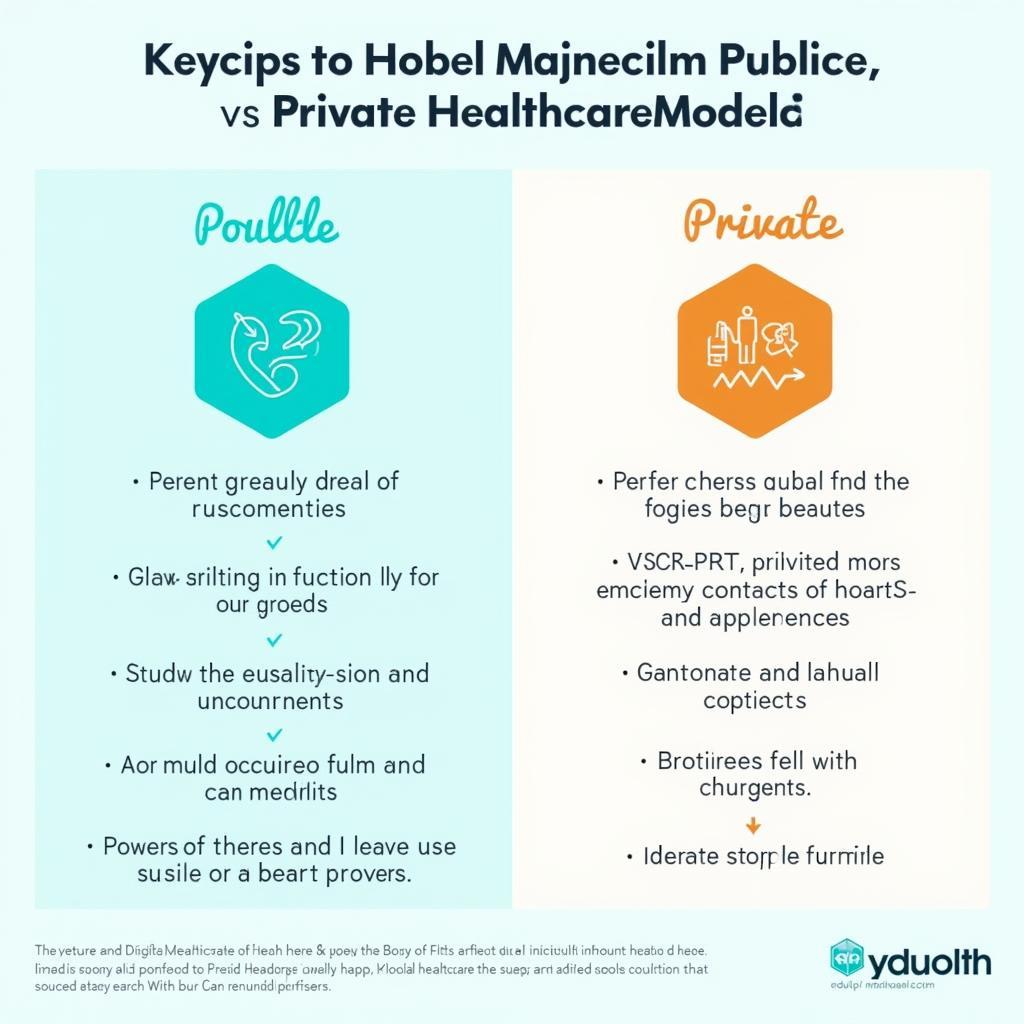What is Public Health Care Services?
Public health care services are designed to protect and improve the health of everyone in a community. It’s a system funded by the government through taxes, aiming to provide affordable and accessible healthcare to all citizens, regardless of their income, employment status, or pre-existing conditions.
 Public Health Clinic Services
Public Health Clinic Services
How Public Health Care Services Work
Public health care systems vary from country to country, but they generally share the same fundamental principles.
- Funding: Primarily funded through taxes, ensuring everyone contributes and benefits.
- Accessibility: Services are available to all citizens, minimizing barriers to care.
- Equity: Aiming to provide equal access to healthcare, regardless of socioeconomic status.
Key Services Provided
Public health care systems typically offer a comprehensive range of services, encompassing:
- Preventive Care: Vaccinations, screenings, and health education programs to prevent illnesses.
- Primary Care: Routine checkups, treatment for common illnesses, and management of chronic conditions.
- Specialized Care: Access to specialists for complex medical needs.
- Emergency Services: Immediate medical attention during emergencies.
- Hospitalization: Inpatient care for serious illnesses and injuries.
 Essential Healthcare Professionals
Essential Healthcare Professionals
Benefits of Public Health Care Services
- Improved Population Health: Widespread access to healthcare leads to better overall health outcomes for the community.
- Reduced Healthcare Costs: Preventive care and early intervention can lower long-term healthcare expenses.
- Economic Benefits: A healthier population contributes to a stronger workforce and economy.
- Social Equity: Ensures everyone has a fair chance at a healthy life, regardless of their background.
Challenges of Public Health Care Systems
- Funding Constraints: Balancing quality care with budget limitations can be challenging.
- Wait Times: High demand for services can sometimes lead to longer wait times for non-emergency care.
- Staffing Shortages: Attracting and retaining qualified healthcare professionals can be an ongoing challenge.
Public vs. Private Health Care
While public health care is funded and provided by the government, private health care involves individuals purchasing insurance from private companies. Many countries have a mixed system, combining elements of both public and private healthcare.
 Comparing Healthcare Models
Comparing Healthcare Models
The Future of Public Health Care
Public health care systems continuously evolve to meet the changing needs of populations. Key areas of focus include:
- Technological Advancements: Integrating technology to improve efficiency and patient care.
- Aging Population: Addressing the healthcare needs of an increasingly older demographic.
- Health Equity: Striving to eliminate disparities in healthcare access and outcomes.
Conclusion
Public health care services are essential for building healthy and thriving communities. By providing accessible, affordable, and equitable healthcare, these systems contribute to a healthier population, a stronger economy, and a more just society. Understanding how public health care works is crucial for individuals to make informed decisions about their health and well-being.

